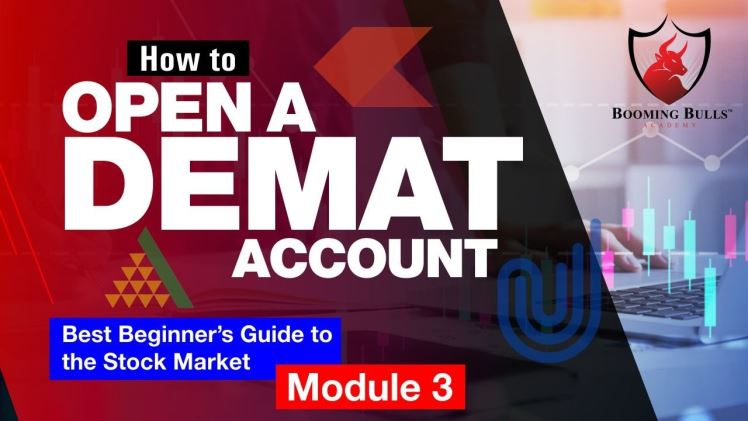Demat Account Charges for Maintenance: Managing Fees for Long-Term Investors

Demat accounts have become a cornerstone for investors in today’s digital era, offering a convenient and secure way to hold and manage securities electronically. However, one aspect that investors need to consider carefully is the charges associated with maintaining these accounts. In this article, we’ll delve into demat account charges for maintenance, focusing on strategies for managing fees effectively, especially for long-term investors, with insights into monitoring Tata Steel share price movements.
Understanding Demat Account Charges for Maintenance
Demat Account Charges for maintenance, also known as Annual Maintenance Charges (AMC), are recurring fees levied by depository participants (DPs) for the upkeep and administration of demat accounts. These charges are typically billed annually and cover the cost of services such as record-keeping, account updates, and customer support.
Key Components of Demat Account Charges:
The annual maintenance charge varies among depository participants and can range from nominal to substantial amounts, depending on factors such as the DP’s fee structure and the type of demat account. DPs may offer different maintenance charges based on the account’s status, such as regular accounts, basic services demat accounts (BSDA) for small investors, or premium accounts with additional features like knowing Tata Steel share price. AMC is typically billed annually, although some DPs may offer options for quarterly or bi-annual billing. Investors should be aware of the billing frequency and plan their finances accordingly. Failure to pay the annual demat account charges for maintenance within the specified due date may result in penalties or account suspension. It’s essential for investors to stay updated on payment deadlines to avoid penalties.
Strategies for Managing Demat Account Charges:
For small investors with low trading activity and a modest portfolio, consider opting for basic services demat account (BSDA) offered by some DPs. BSDA accounts come with lower demat account charges for maintenance and may be more cost-effective for investors with limited trading requirements.
Consolidating investments into a single demat account can help minimize maintenance charges. Instead of maintaining multiple demat accounts with different DPs, consider transferring all securities to a single account to reduce overall fees while considering Tata Steel share price.
Monitor your demat account activity regularly and assess whether the services provided justify the maintenance charges. If you find that you’re paying for unused features or services, consider switching to a more cost-effective account option. Some DPs may be open to negotiating maintenance charges, especially for high-value accounts or long-term customers. Contact your DP to inquire about potential discounts or waivers based on your account usage and portfolio size.
Impact on Tata Steel Share Price:
As investors manage demat account maintenance charges, they may also consider their impact on investments, including stocks like Tata Steel. Monitoring maintenance charges and optimizing fees can help investors maximize returns and achieve their long-term investment objectives, including tracking and analyzing Tata Steel share price movements effectively.
Conclusion:
Demat account maintenance charges are an essential consideration for investors, particularly for long-term investors looking to minimize costs and maximize returns. By understanding the components of maintenance charges, comparing DP offerings, exploring cost-saving strategies, and staying vigilant about account activity, investors can effectively manage fees and optimize their investment performance. Stay informed, stay proactive, and implement smart strategies to navigate demat account maintenance charges for long-term investing success, including monitoring Tata Steel share price movements and optimizing investment decisions accordingly.
